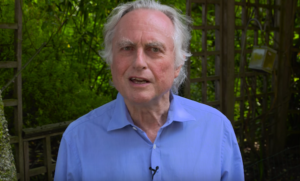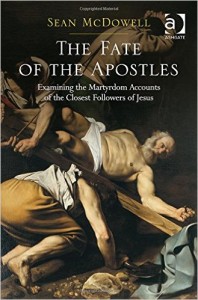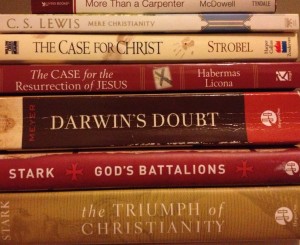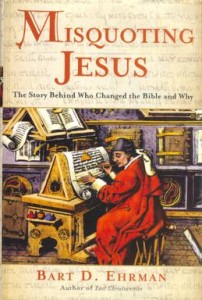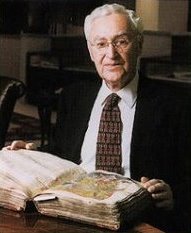Links to other installments: Part II, Part III, Part IV
Part 1: Introduction
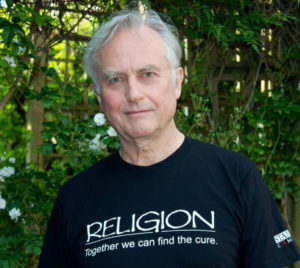 Richard Dawkins is perhaps the most well-known of a new generation of activist atheists that includes Daniel Dennett, Sam Harris, and the late Christopher Hitchens. The God Delusion is his attempt to disprove the “God Hypothesis” and he hopes that “religious readers who open it will be atheists when they put it down.”1.
Richard Dawkins is perhaps the most well-known of a new generation of activist atheists that includes Daniel Dennett, Sam Harris, and the late Christopher Hitchens. The God Delusion is his attempt to disprove the “God Hypothesis” and he hopes that “religious readers who open it will be atheists when they put it down.”1.
With over 3 million copies sold, The God Delusion is probably one of the most widely read and influential atheist manifestos available. It’s definitely not a new book. However, we felt compelled to address it because it has been so widely read and because its arguments, even though they are poorly constructed, continue to influence people. Continue reading →
 Here, we conclude our four-part chapter-by-chapter response to Richard Dawkins’ The God Delusion.
Here, we conclude our four-part chapter-by-chapter response to Richard Dawkins’ The God Delusion.

